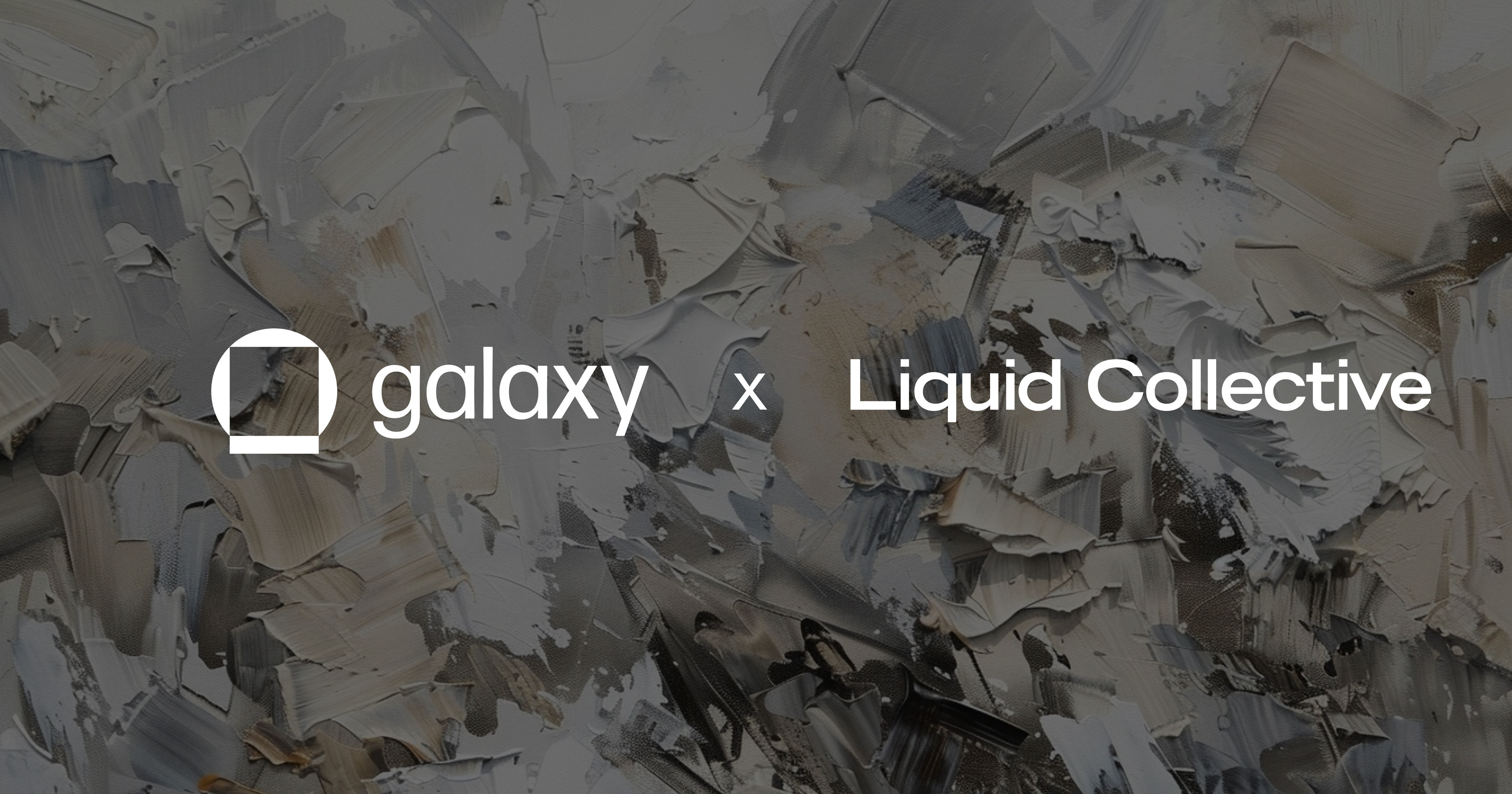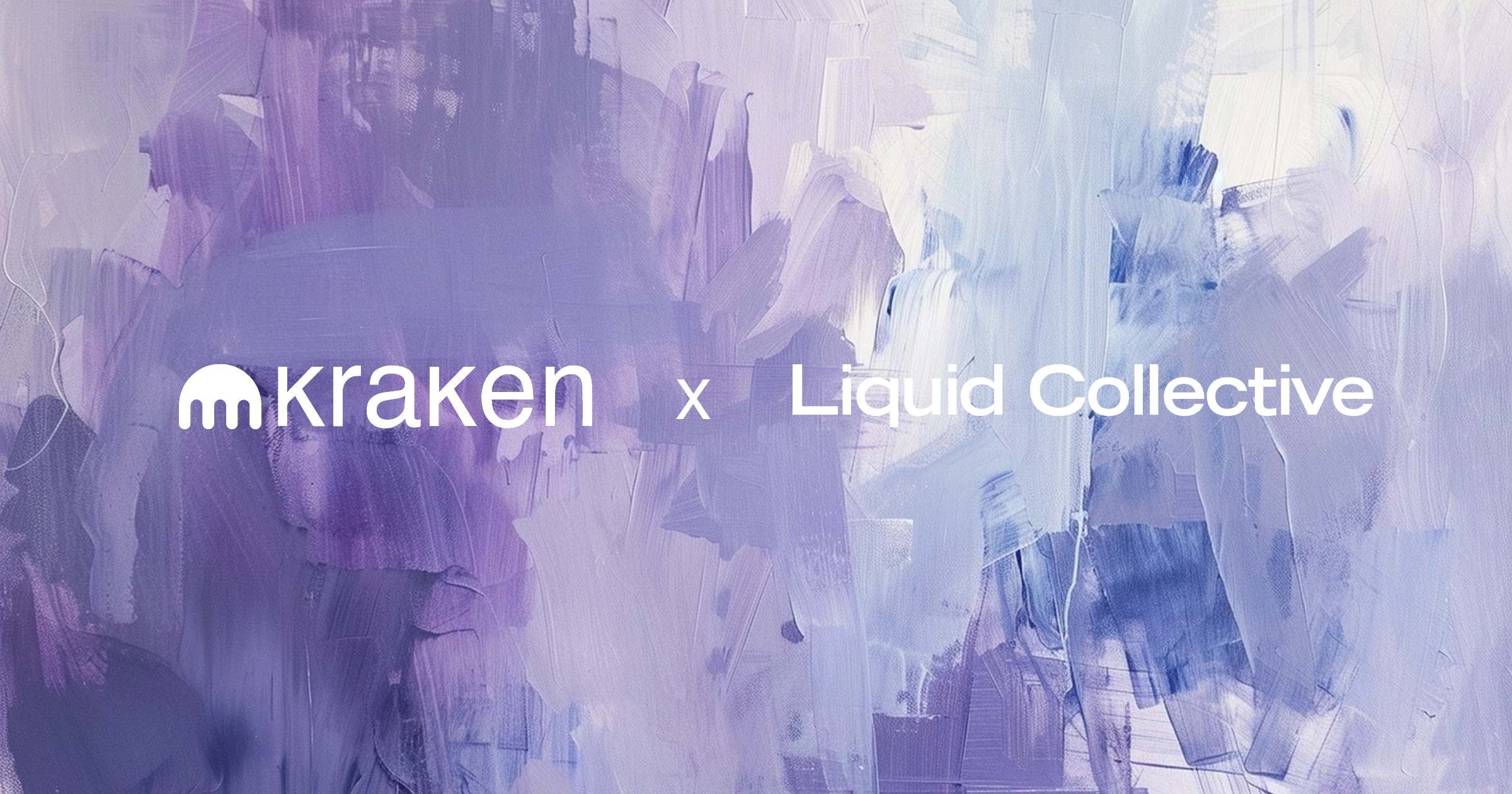Jul 18 2023
We are excited to announce that the Liquid Collective protocol's code has been made available under the Business Source License 1.1 (BUSL-1.1). This means that anyone can now access the code to contribute to the development of the protocol, or to build their own decentralized applications connecting with the Liquid Collective ecosystem.
Liquid Collective is the secure liquid staking standard: a protocol designed to meet the needs of businesses offering staking to their customers, built and run by a collective of leading web3 teams. By making the Liquid Collective protocol's code fully public we hope to encourage greater collaboration while increasing transparency into, and trust of, the protocol.
We believe that by working together in the spirit of collective development we can grow the pie for participants big and small through collaboration, shared purpose, and inclusivity.
We invite developers, entrepreneurs, and innovators to explore the Liquid Collective protocol's code and contribute to its development. Together, we can empower global participation in securing the decentralized internet by collectively building the most trusted and secure staking standard.
Contribute to Liquid Collective
The Business Source License 1.1 (BUSL-1.1) is the same license used by Uniswap V3 and other leading decentralized protocols. The BUSL license grants the right to copy, modify, create derivative works, redistribute, and make non-production use of the code, and will automatically transition to a full open-source license, GPLv3, in 2026. Liquid Collective may amend the license to transition to open-source sooner as determined by governance. Some files in the repository are also dual licensed as indicated in the protocol's SPDX header.
If you're interested in contributing to Liquid Collective's code, get started by checking out the protocol's repository at: https://github.com/liquid-collective/liquid-collective-protocol
If you're interested in learning more about Liquid Collective security processes, including code audits and the protocol's vulnerability disclosure policy, read the Liquid Collective Security Documentation.




